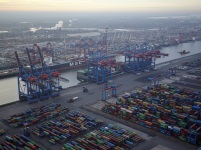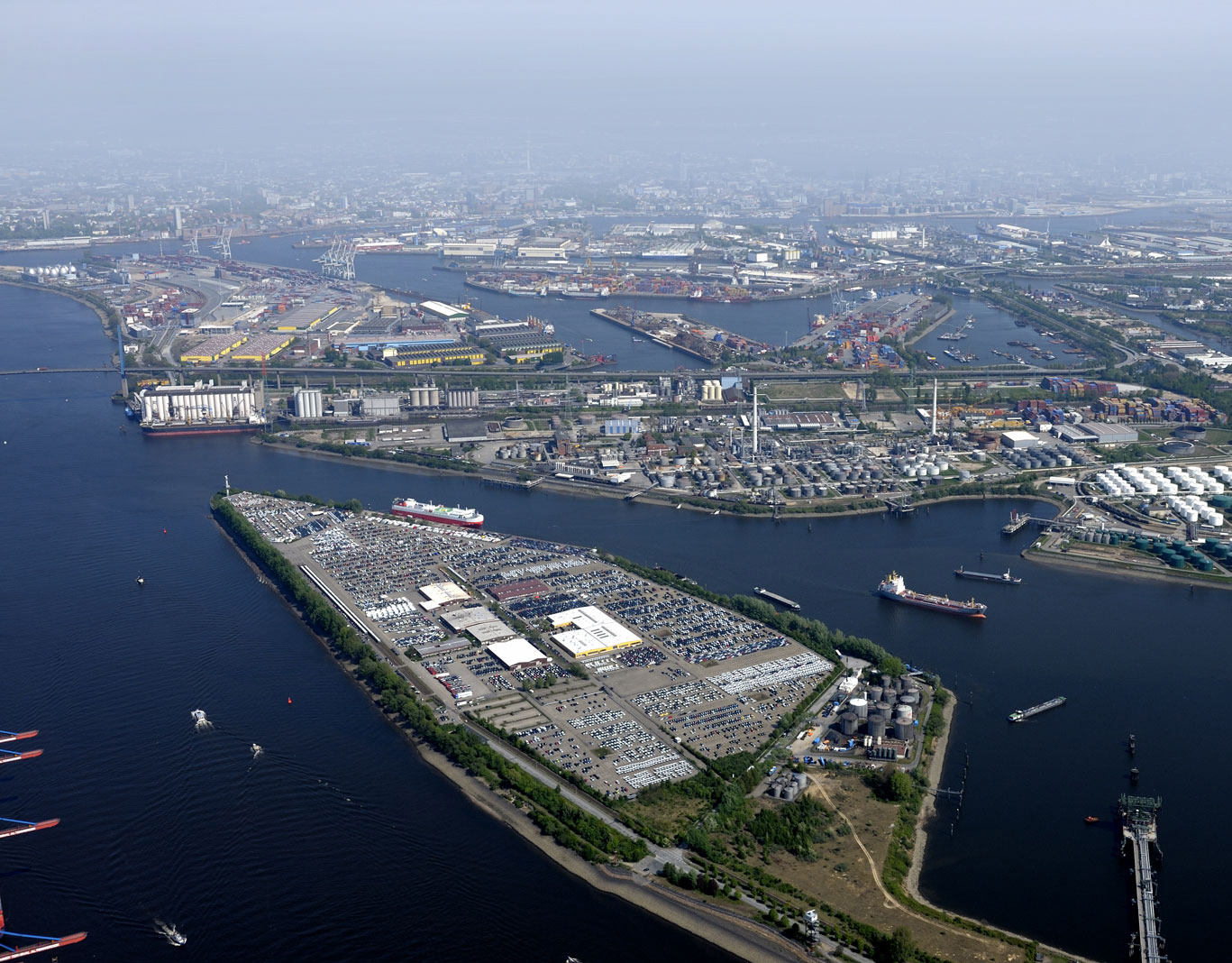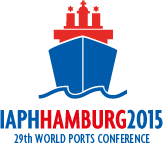Conference Topics
1. smartPORT logistics – challenges and possible solutions
Technical innovations, land restructuring, expansion of the transport route network and modern communication paths combined with high data transparency are just some of the measures the Hamburg Port Authority (HPA) is implementing to create the basis for economic growth in the Port of Hamburg. The measures will also address the logistical challenges arising from the port’s inland location and its proximity to the city of Hamburg.
Hamburg is not the only place where “smart” port logistics has become increasingly important. Ports worldwide are facing the challenge of coping with rising demand for economic efficiency, safety and security and sustainability, all of which calls for creativity in port management.
2. smartPORT energy – challenges and possible solutions
To ensure a win-win scenario for both business and the environment, innovative mobility concepts, renewable energy sources and the interlinking of energy-generating plants and consumer plants to promote the efficient use of resources are at the forefront of the HPA’s approach. The Port of Hamburg is an important logistics and industrial location. As is the case for many ports worldwide, its economic potential is huge, but so is its responsibility. Innovative and viable energy supply strategies which benefit business as well as the environment play an increasingly important role in the competitiveness of a port.
3. Law and global trade – trends and challenges
Contractual choice of law and jurisdiction: Currently most national legal systems play a subordinate role in international contractual relations even if the parties are deeply anchored in traditional maritime clusters with long-standing legal traditions and institutions. Why is this the case and what can be done to put these legal traditions and legal institutions back on the map of global trade?
Advantages of global technical standardisation: Be it LNG supply, shore power, IT processes or the measuring of emissions – ports can benefit from standardisation in many aspects. What is the current state of play and what would be the best approach to technical standardisation of port infrastructure? How do international standardisation organisations co-operate today? How can we ensure the development of cost-efficient, beneficial and truly global standards?
Liability in ports: Is the international maritime convention system sufficient to protect ports in the event of shipping accidents and other maritime incidents within ports? Do the currently ratified conventions and the liability sums contained therein provide sufficient coverage? Where are the gaps and missing links?
4. Cruise Shipping – Challenges and possible solutions
In the past years the cruise industry has seen phenomenal growth, and for many ports the cruise business has become an important economic factor. However, rising passenger numbers and ever larger cruise ships have delivered fresh challenges to ports and cities. To cater for the growing number of cruise ships and ensure that operations run smoothly, ports are increasingly investing in cruise facilities.
How can ports and cities best benefit from the growth in cruise activity? What kinds of co-operation between city, port and cruise companies are the most beneficial? How can innovative IT solutions best be deployed to optimise passenger and luggage turnaround services? What kinds of innovative approaches for financing cruise terminal infrastructure and suprastructure can be developed? What is the impact of climate change and higher environmental awareness on ports and cruise lines? How can ports and cities best promote cruise tourism? What are the current trends in cruise ship and cruise terminal development? Will the requirements of cruise passengers change and if so, in what way? What makes a cruise port unique and successful?
5. Clean Air in Ports
Air pollution is a major problem in shipping and in ports that affects the entire globe. The session “Clean Air in Ports” will address this highly topical issue that concerns us all. The causes of air pollution will be identified and, illustrated by concrete examples, it will be demonstrated what can be done to improve air quality, where there is a need for action and how important the topic is for the maritime industry.





